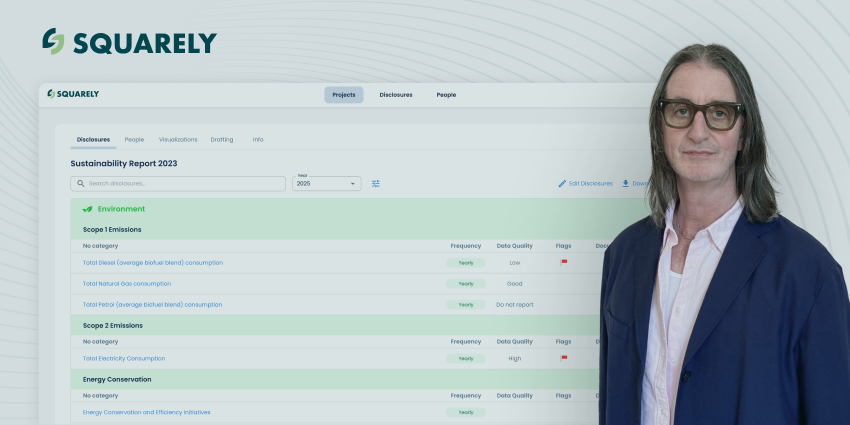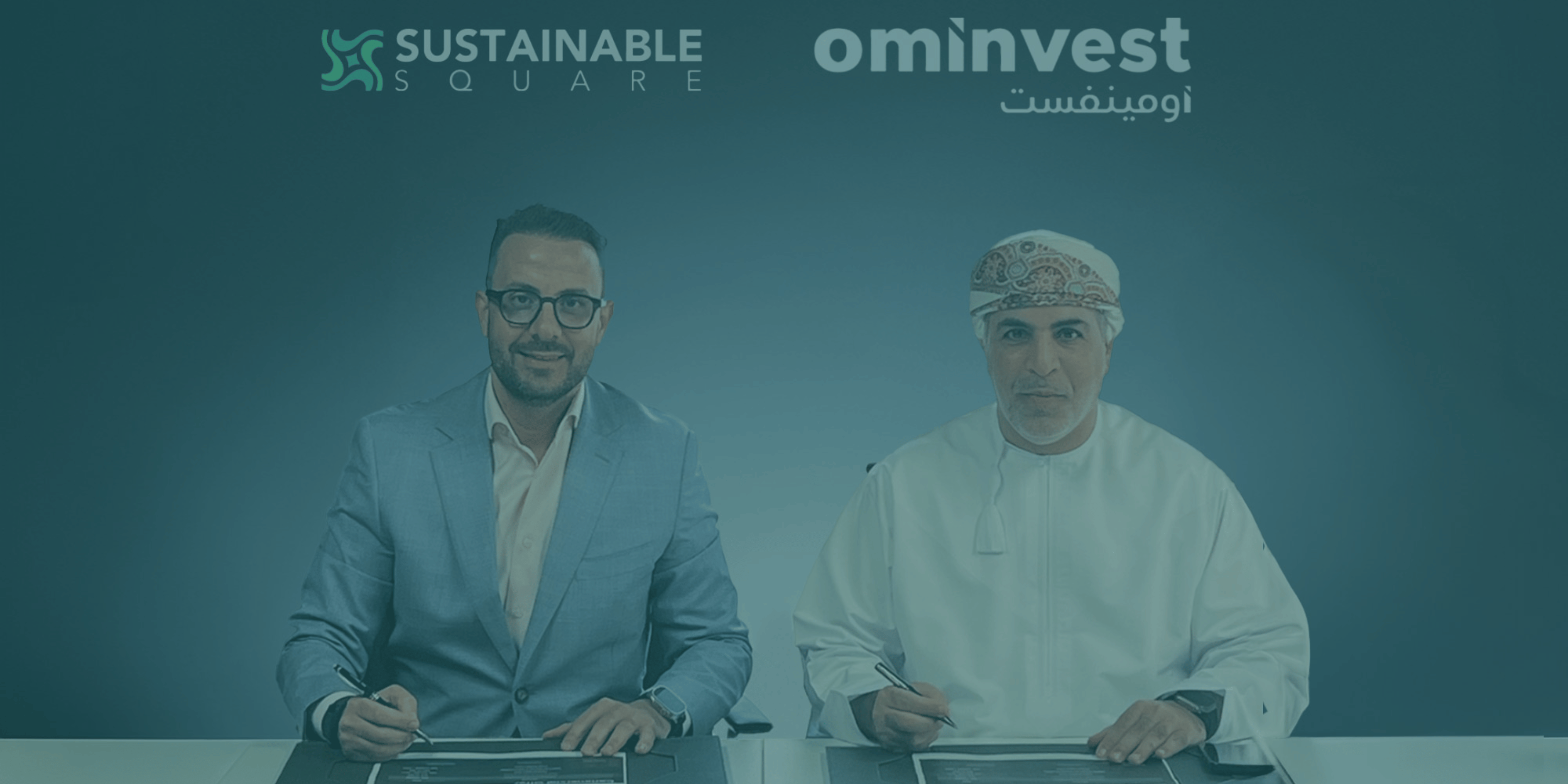Our Land, Our Future: A Middle Eastern Perspective on World Environment Day 2024
Recognising the critical need for sustainable land management, several Middle Eastern countries have implemented robust policies and initiatives aimed at combating desertification and promoting land restoration.
World Environment Day (WED) 2024 is marked under the slogan ‘Our Land. Our Future. We are #GenerationRestoration’. The slogan shines a spotlight on the urgent need for ‘Land restoration, desertification prevention, and drought resilience’ making it a global theme for concerted efforts.
This annual global event marked on June 5, is this year to be hosted in the Kingdom of Saudi Arabia. It emphasises collective action to restore land and ecosystems, protect biodiversity, and combat climate change.
The Middle Eastern Context
WED 2024 in the Kingdom of Saudi Arabia offers a platform to showcase the region’s commitment to environmental sustainability. Through policies and initiatives aimed at land restoration and climate resilience, the Middle East is poised to lead by example. By embracing the spirit of #GenerationRestoration, the region can help shape a future where our land and ecosystems are preserved for generations to come.
The Middle East is particularly vulnerable to desertification and drought, making the theme of WED 2024 highly relevant. The region’s arid and semi-arid landscapes are susceptible to soil degradation, which exacerbates food and water scarcity issues. As climate change intensifies, these challenges become more acute, threatening both the environment and livelihoods.
Recognising the critical need for sustainable land management, several Middle Eastern countries have implemented robust policies and initiatives aimed at combating desertification and promoting land restoration.
Here are some key national efforts across the Middle East that demonstrate the region’s strong commitment to tackling desertification:
Saudi Arabia:
- Saudi Vision 2030: Saudi Arabia’s ambitious Vision 2030 includes environmental sustainability as a core objective. The plan aims to reduce the country’s reliance on oil, increase the use of renewable energy, and promote environmental conservation.
- Saudi Green Initiative (SGI): Launched in 2021, this initiative aims to plant 10 billion trees across Saudi Arabia in the coming decades. Specific projects include the afforestation of degraded lands in Riyadh, Jeddah, and other major cities, which contribute to the three overarching targets of (SGI) namely emissions reduction, afforestation and land regeneration, and land and sea protection.
United Arab Emirates (UAE):
- National Climate Change Plan 2017-2050: The UAE has outlined a comprehensive strategy to manage GHG emissions and to mitigate climate change impacts, focusing on sustainable land management, biodiversity protection, and climate resilience.
- Abu Dhabi’s Environmental Vision 2030: This framework aims to enhance sustainable development by focusing on water conservation, waste management, and protection of natural habitats. Specific projects include the Al Wathba Wetland Reserve restoration and the development of Masdar City, a sustainable urban development.
Egypt:
- Vision 2030 is Egypt’s sustainable development strategy including goals to combat desertification and promote sustainable land management. The country is also involved in the African Great Green Wall initiative, which aims to restore 100 million hectares of degraded land across the Sahel region by 2030. Specific projects include the New Valley Project, which aims to reclaim and cultivate desert land.
Oman:
- Oman’s National Strategy for an Orderly Transition to Net Zero has developed a comprehensive national strategy focusing on sustainable development, which includes measures to combat desertification. The country is investing in water resource management and afforestation projects to restore degraded lands and improve agricultural productivity.
Kuwait:
- Kuwait National Adaptation Plan 2019-2030, dedicated for building an adaptive plan with capacity and resilience to reduce vulnerability to the climate change impacts is a collaborative effort between various government departments, including the Coastal and Desertification Monitoring Department.
Jordan:
- Jordan has been proactive in addressing desertification through its National Strategy and Action Plan to Combat Desertification (2015-2020), which includes soil conservation, sustainable agricultural practices, and reforestation projects. The country is also working on improving water resource management to enhance drought resilience. Projects include the Highland Water Forum and the Badia Restoration Program.
Regional Collaboration and Global Impact
Middle Eastern countries are increasingly recognising the importance of regional collaboration to address environmental challenges. Initiatives such as the Arab Group for Desertification Control and participation in the United Nations Convention to Combat Desertification (UNCCD) reflect a collective commitment to sustainable land management.
Moreover, the region’s participation in global platforms, such as the Global Landscapes Forum and UN Climate Conferences, highlights its role in shaping global environmental policies. These collaborative efforts are essential for sharing knowledge, resources, and best practices to achieve land restoration goals.
COP16 UNCCD in Riyadh
The upcoming 16th session of the Conference of the Parties (COP16) of the United Nations Convention to Combat Desertification (UNCCD), scheduled to take place in Riyadh, Saudi Arabia, from December 2 to 13, 2024, is a significant event for the region. This conference will provide a platform for countries to discuss and adopt measures to combat desertification, land degradation, and drought. Hosting COP16 underscores Saudi Arabia’s commitment to addressing these critical issues and highlights the Middle East’s proactive role in global environmental governance.
A Call to Action
On World Environment Day 2024, the slogan “Our Land, Our Future. We are #GenerationRestoration”, serves as a powerful reminder of the collective action required to safeguard our environment. For the Middle East, this is not just a slogan but a call to action that resonates with the region’s unique environmental context.
Governments, businesses, and communities must continue to collaborate, innovate, and implement sustainable practices that restore degraded lands and build resilience against desertification and drought. By doing so, the Middle East can contribute significantly to global efforts to combat climate change and ensure a sustainable future for all.


